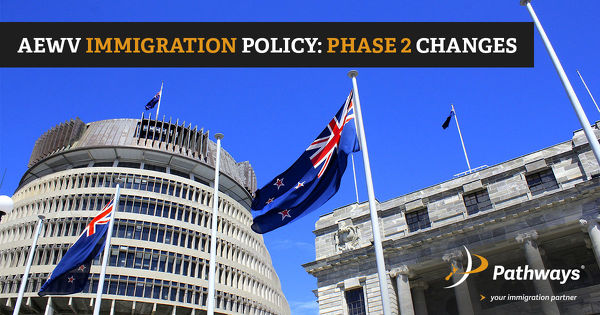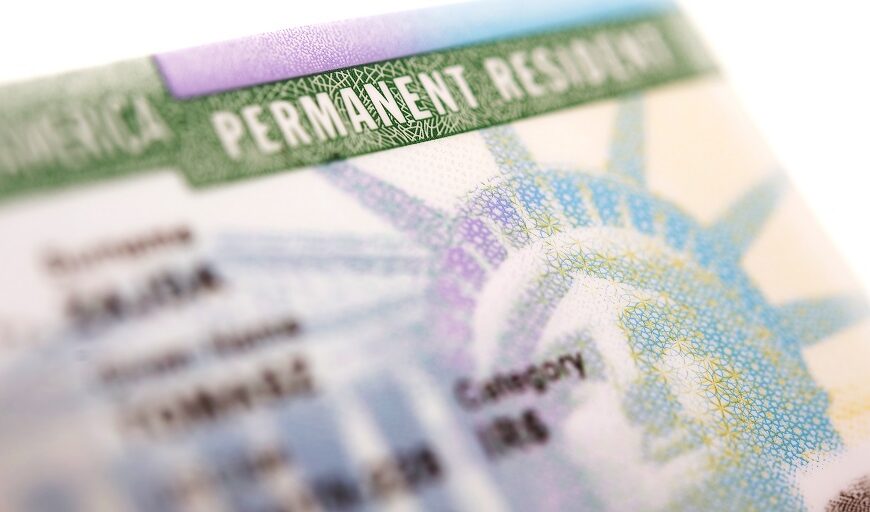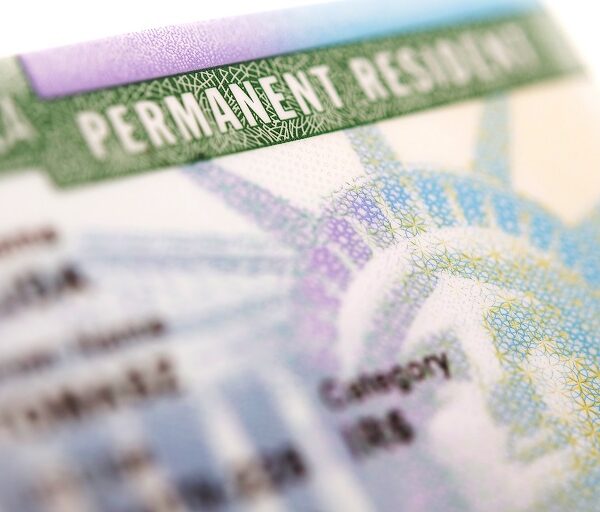Understanding Phase 2 Changes to the Accredited Employer Work Visa
The Accredited Employer Work Visa (AEWV) has undergone significant changes, particularly with the introduction of Phase 2 reforms. These adjustments aim to enhance the visa’s effectiveness, ensuring that it meets the needs of both employers and foreign workers. Understanding these changes is crucial for employers looking to hire internationally and for potential visa applicants seeking employment in New Zealand.
What is the Accredited Employer Work Visa?
The AEWV is a key component of New Zealand’s immigration system, designed to facilitate the recruitment of foreign workers for positions that cannot be filled by local talent. This visa allows accredited employers to bring in skilled workers, contributing to the country’s economy and addressing labor shortages in various sectors.
Key Changes in Phase 2
Phase 2 of the AEWV introduces several important changes that are set to take effect. Below are some of the most notable adjustments:
- Increased Focus on Skills and Qualifications: The updated AEWV will place greater emphasis on the skills and qualifications of applicants. This change aims to ensure that foreign workers possess the necessary expertise for their roles, thereby benefiting the New Zealand labor market.
- Streamlined Application Process: The application process for employers and employees is being simplified. The goal is to reduce bureaucratic hurdles and make it easier for businesses to navigate the visa system. This includes clearer guidelines and reduced documentation requirements.
- Wage Threshold Adjustments: There will be adjustments to the wage thresholds that employers must meet when hiring foreign workers. These changes are designed to ensure that foreign workers are receiving fair compensation for their skills while also protecting local job markets.
- Greater Compliance Measures: Employers will be subject to stricter compliance measures to ensure that they adhere to immigration laws and regulations. This may include regular audits and checks to confirm that employers are meeting their obligations.
- Expanded Eligibility Criteria: The eligibility criteria for both employers and employees will be expanded. This change aims to attract a wider range of skilled workers from various industries, ultimately benefiting New Zealand’s economy.
Implications for Employers
The Phase 2 changes to the AEWV bring several implications for employers looking to hire foreign workers:
- Enhanced Recruitment Strategies: Employers will need to revise their recruitment strategies to align with the new requirements. This includes ensuring that job descriptions clearly outline the necessary skills and qualifications.
- Investment in Training: As the focus shifts towards skills, employers may need to invest in training programs to develop local talent. By doing so, they can reduce reliance on foreign workers in the long term.
- Compliance Responsibilities: With increased compliance measures, employers must stay informed about their responsibilities under the new regulations. Failing to comply can lead to serious consequences, including losing accreditation.
Implications for Visa Applicants
For potential visa applicants, the changes in Phase 2 will also have significant impacts:
- Increased Competition: As the eligibility criteria expand, applicants may face a more competitive environment. It will be essential for candidates to highlight their skills and qualifications effectively.
- Preparation for Skills Assessment: Applicants should be prepared for a more rigorous skills assessment process. This may involve providing additional documentation or undergoing evaluations to prove their qualifications.
- Understanding Wage Requirements: Understanding the wage thresholds will be crucial for applicants. Ensuring that their prospective employers meet these requirements will be vital for successful visa applications.
Conclusion
The Phase 2 changes to the Accredited Employer Work Visa represent a significant shift in New Zealand’s approach to immigration and labor market needs. By focusing on skills, compliance, and fair wages, these reforms aim to create a more balanced and effective immigration system.
Employers and potential visa applicants must stay informed about these changes to navigate the new landscape successfully. As New Zealand continues to evolve its immigration policies, adapting to these changes will be essential for both parties involved. By understanding the implications of these reforms, employers can better position themselves to attract the talent they need, while applicants can enhance their chances of securing a visa to work in New Zealand.







